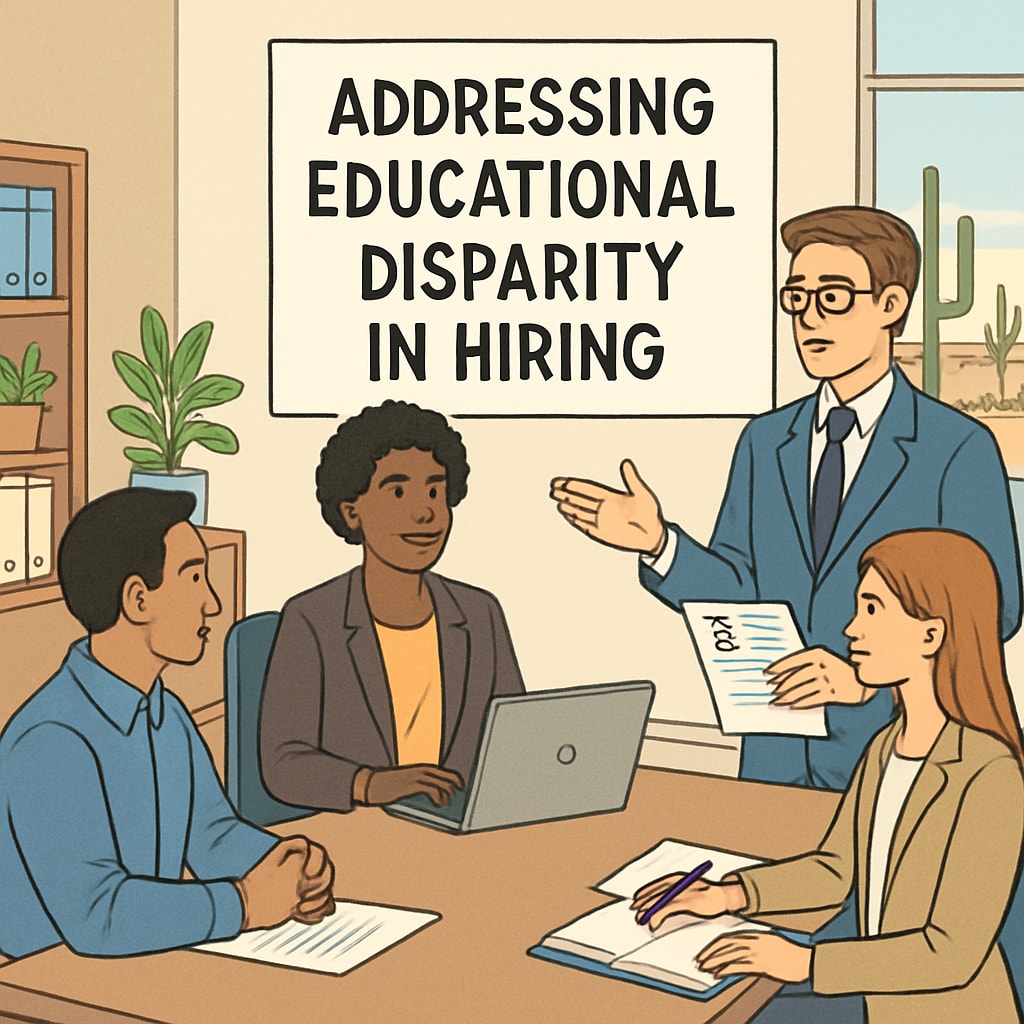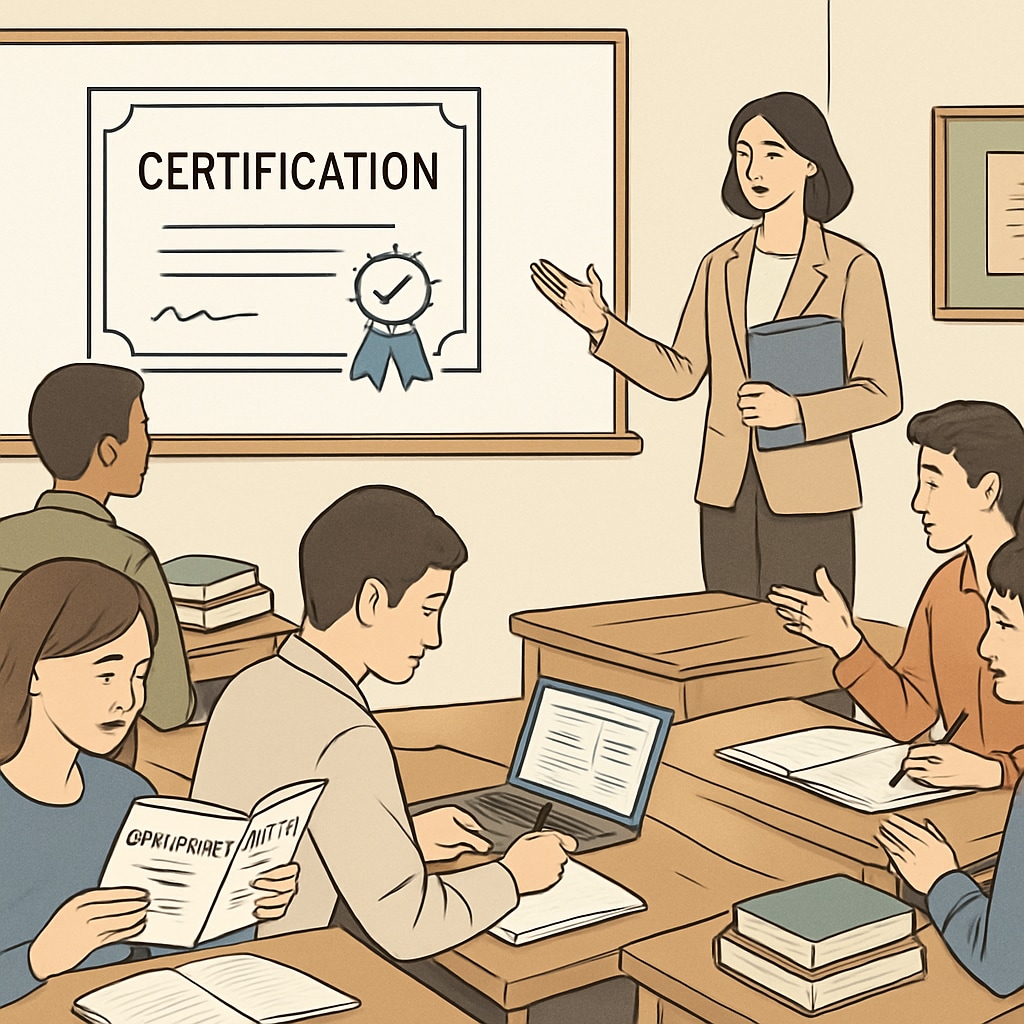In Arizona’s employment landscape, the paradox of “education recognition” has become a contentious issue. Despite the value placed on higher education, many job qualifications prioritize a high school diploma over advanced degrees, leading to what some might call a form of “degree discrimination.” This raises significant questions about the fairness and practicality of the current system, particularly in a state that often touts education as a pathway to success.
The Paradox of Degree Discrimination in Employment
Arizona’s employment qualifications highlight a puzzling contradiction. On one hand, society encourages individuals to pursue higher education, often at great financial and personal cost. On the other, certain job roles, especially in government or specialized fields, require candidates to possess specific certifications or high school diplomas, irrespective of their advanced academic achievements. For example, a person with three college degrees might still be ineligible for a job requiring a high school diploma and a specific certification.
This paradox begs the question: why does the system undervalue higher education in favor of narrower qualifications? Is it a matter of outdated policies, or does it reflect a deeper issue in how we evaluate skill sets and knowledge?

How Education Recognition Policies Impact the Workforce
Arizona’s approach to employment qualifications has far-reaching implications for both individuals and the workforce. For individuals, the lack of recognition for advanced degrees can be disheartening and financially debilitating. According to a Britannica article on higher education, pursuing advanced degrees often requires years of commitment and significant resources. When these qualifications are overlooked, it not only devalues the individual’s efforts but also discourages others from pursuing higher education.
For the workforce, the implications are equally concerning. By focusing on specific certifications or high school diplomas, employers may inadvertently exclude highly qualified candidates who could bring unique perspectives and skills to the table. This approach could lead to a less diverse and innovative workforce, ultimately affecting productivity and growth.

Moving Toward a Fairer Evaluation System
To address these issues, Arizona and similar states need to reevaluate their employment qualification policies. A fairer system would consider the broader scope of an individual’s education and experiences rather than narrowly focusing on specific certifications or diplomas. Policymakers could take several steps to achieve this:
- Introduce flexible qualification frameworks that recognize both formal education and practical experience.
- Encourage employers to prioritize skills-based hiring practices.
- Update outdated job requirements to reflect the evolving educational landscape.
Such changes would not only benefit job seekers but also strengthen the overall workforce by ensuring that the most qualified individuals are given opportunities, regardless of how their qualifications align with rigid criteria.
Readability guidance: Use short paragraphs and lists to summarize key points. Incorporate examples and authoritative links to support arguments. Maintain a balance between professional tone and accessibility.


